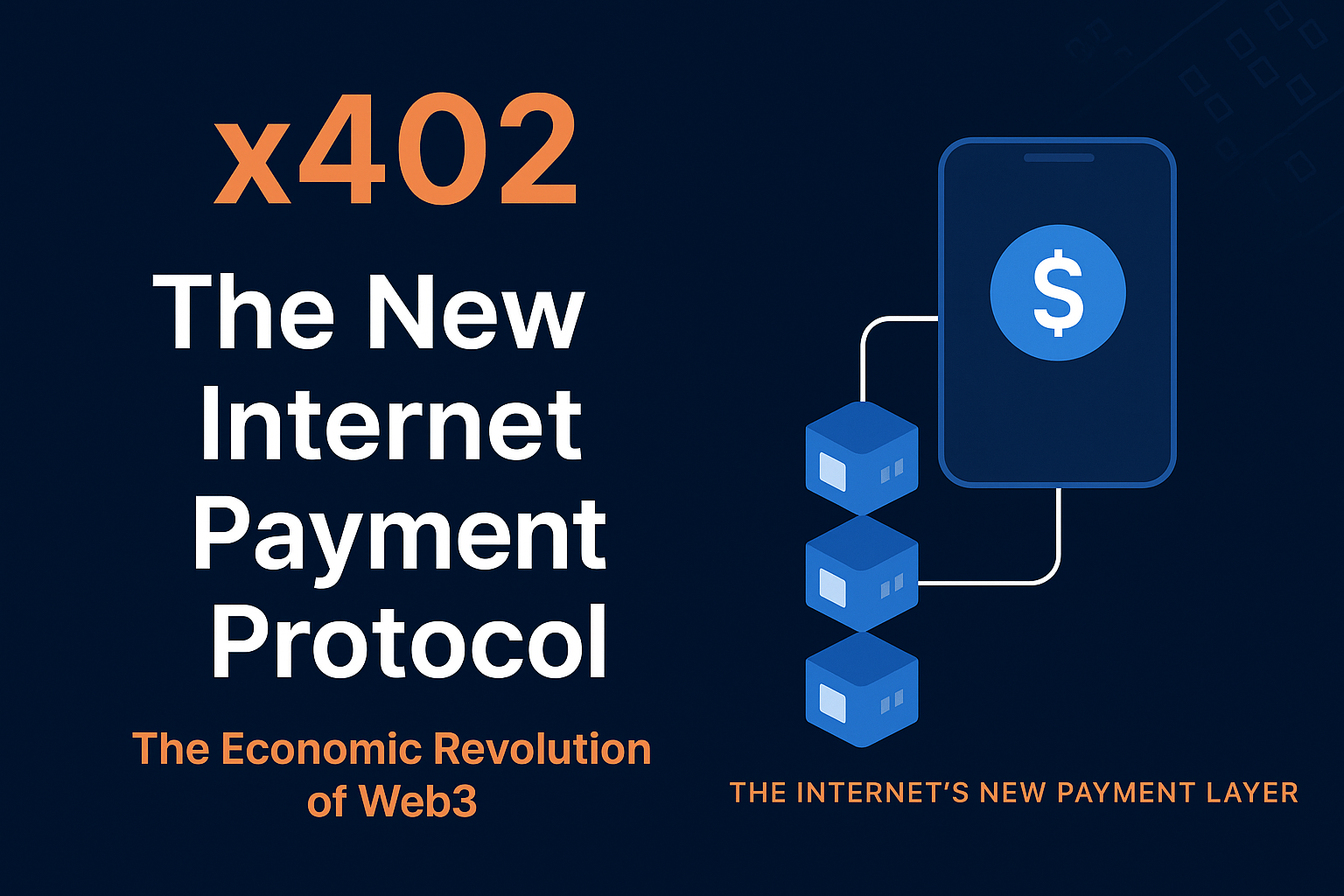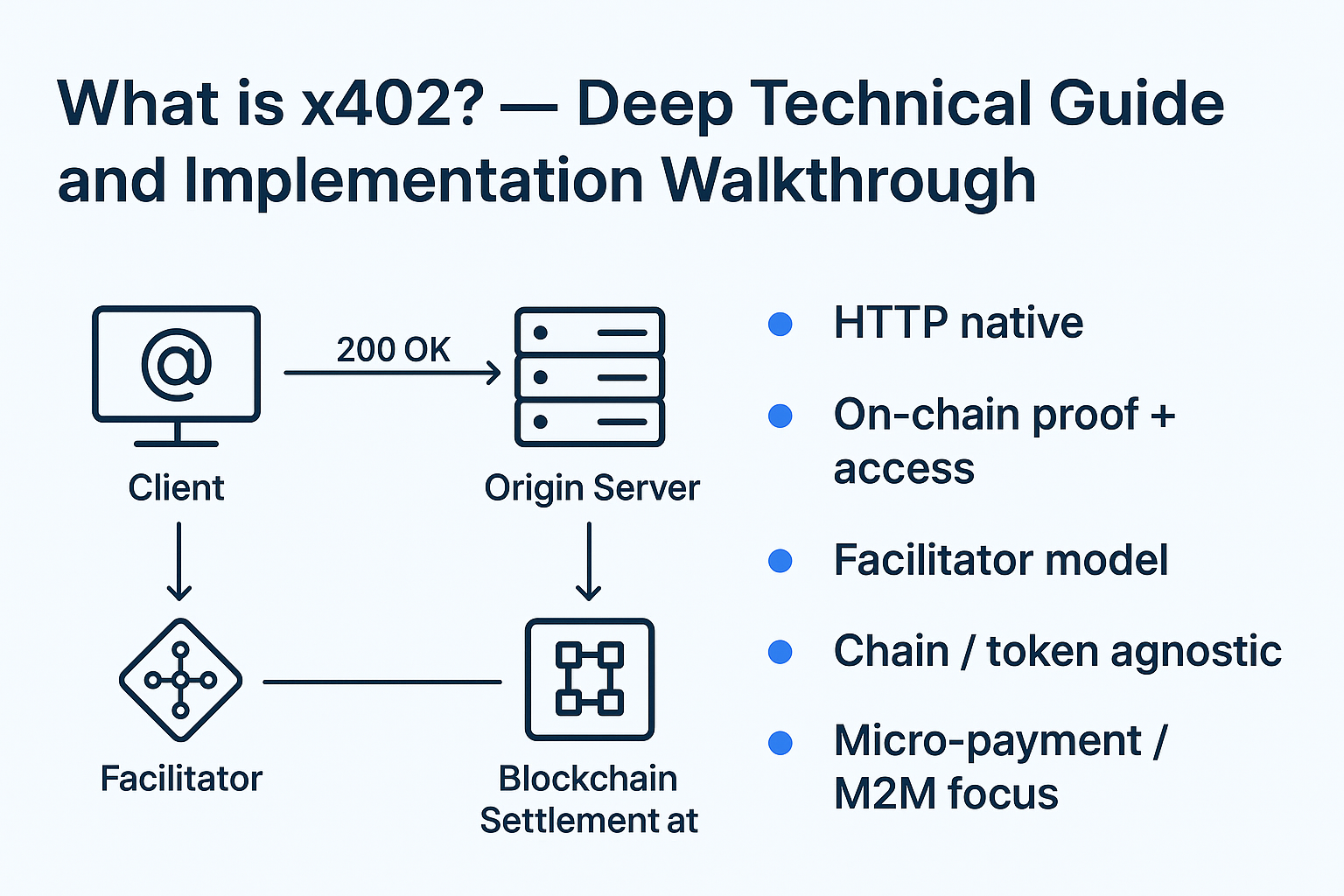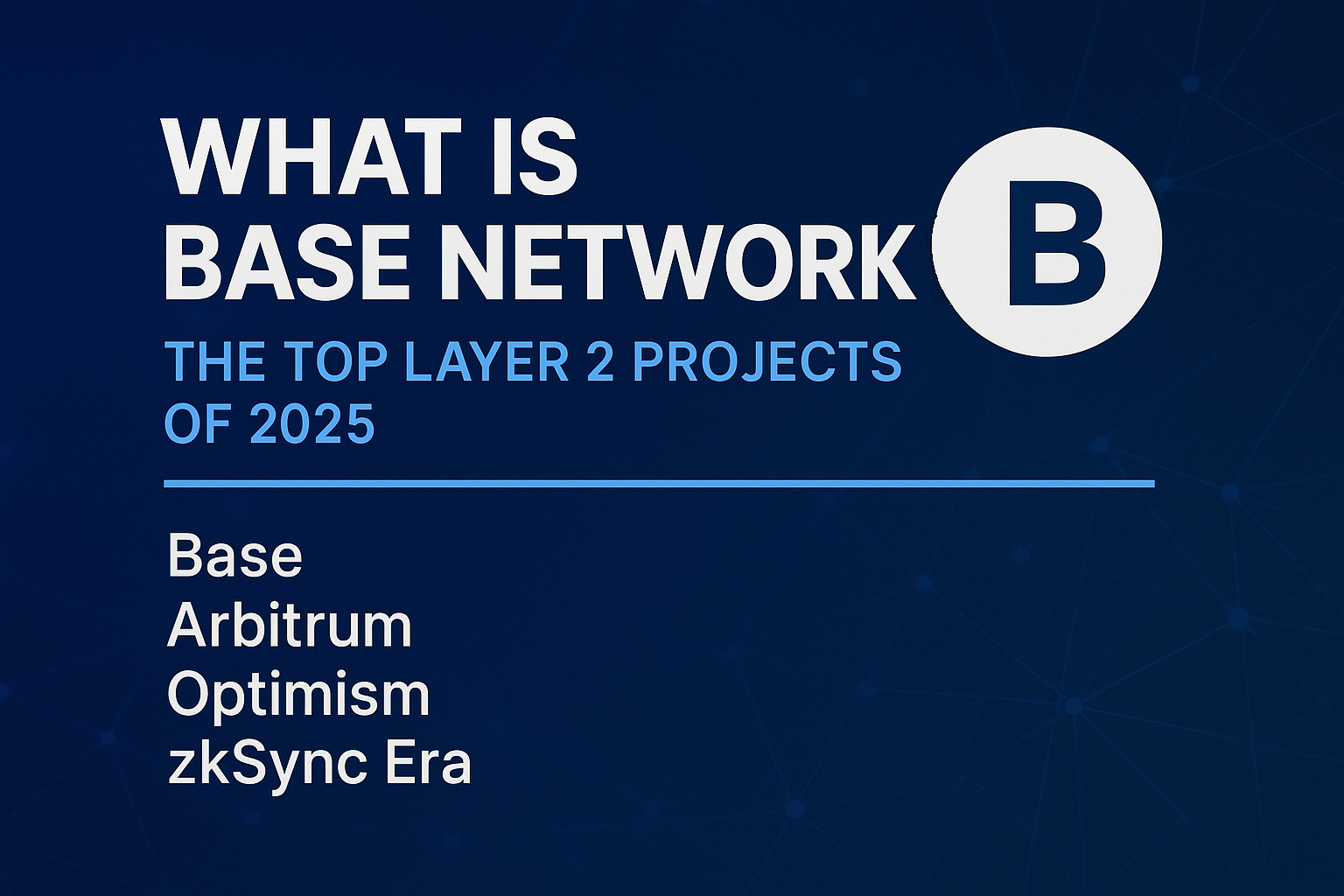Web 3.0, often referred to as the third evolution of the internet, is built on decentralization, user control, and blockchain technology. Unlike today’s centralized platforms, Web 3.0 offers a fairer, more transparent, and user-driven digital ecosystem. In this article, we will explore the core features, benefits, and some notable applications of Web 3.0 technology.
What is Web 3.0?
Web 3.0 envisions an internet controlled by distributed networks rather than centralized authorities. It aims to give users back control over their data, enhance privacy, and prioritize security. Blockchain, artificial intelligence, and smart contracts form the backbone of this transformation.
Key Features of Web 3.0
- Decentralization:
Data is stored on distributed networks instead of centralized servers, offering greater security and privacy. - Blockchain Technology:
Blockchain serves as the infrastructure for Web 3.0, ensuring transactions are reliable, transparent, and immutable. - Smart Contracts:
Automated contracts executed by code establish trust between parties and eliminate intermediaries. - User Control:
Web 3.0 empowers users with greater control over their data, preventing unauthorized sharing of personal information. - Token Economies:
Users can actively participate in platforms and earn rewards through cryptocurrencies or tokens.
Examples of Web 3.0 Applications
- Ethereum (Blockchain Platform):
Ethereum powers smart contracts, the foundation for innovations like DeFi, NFTs, and decentralized applications (dApps). - Uniswap (DeFi):
A decentralized exchange, Uniswap enables users to trade cryptocurrencies without intermediaries. - Filecoin (Storage):
Filecoin is a decentralized file storage network where users share storage capacity instead of relying on centralized servers. - Brave (Web Browser):
Brave prioritizes user privacy by blocking ads and rewards users with BAT tokens for their attention. - Decentraland (Metaverse):
A virtual world where users can purchase and develop virtual land, fostering social interactions and creative endeavors.
Benefits of Web 3.0
- Privacy and Security:
Decentralized networks store data, making them more resistant to attacks. - Resistance to Censorship:
With no central authority, censorship of information and content becomes more challenging. - User-Centric Economy:
Users can actively engage in platforms and earn rewards for their participation. - Intermediary-Free Transactions:
Blockchain and smart contracts eliminate the need for intermediaries, making processes more efficient.
The Future of Web 3.0
While still in its early stages, Web 3.0 has the potential to reshape the future of the internet. It promises a more secure and private digital experience for users and a fairer ecosystem through decentralization.







